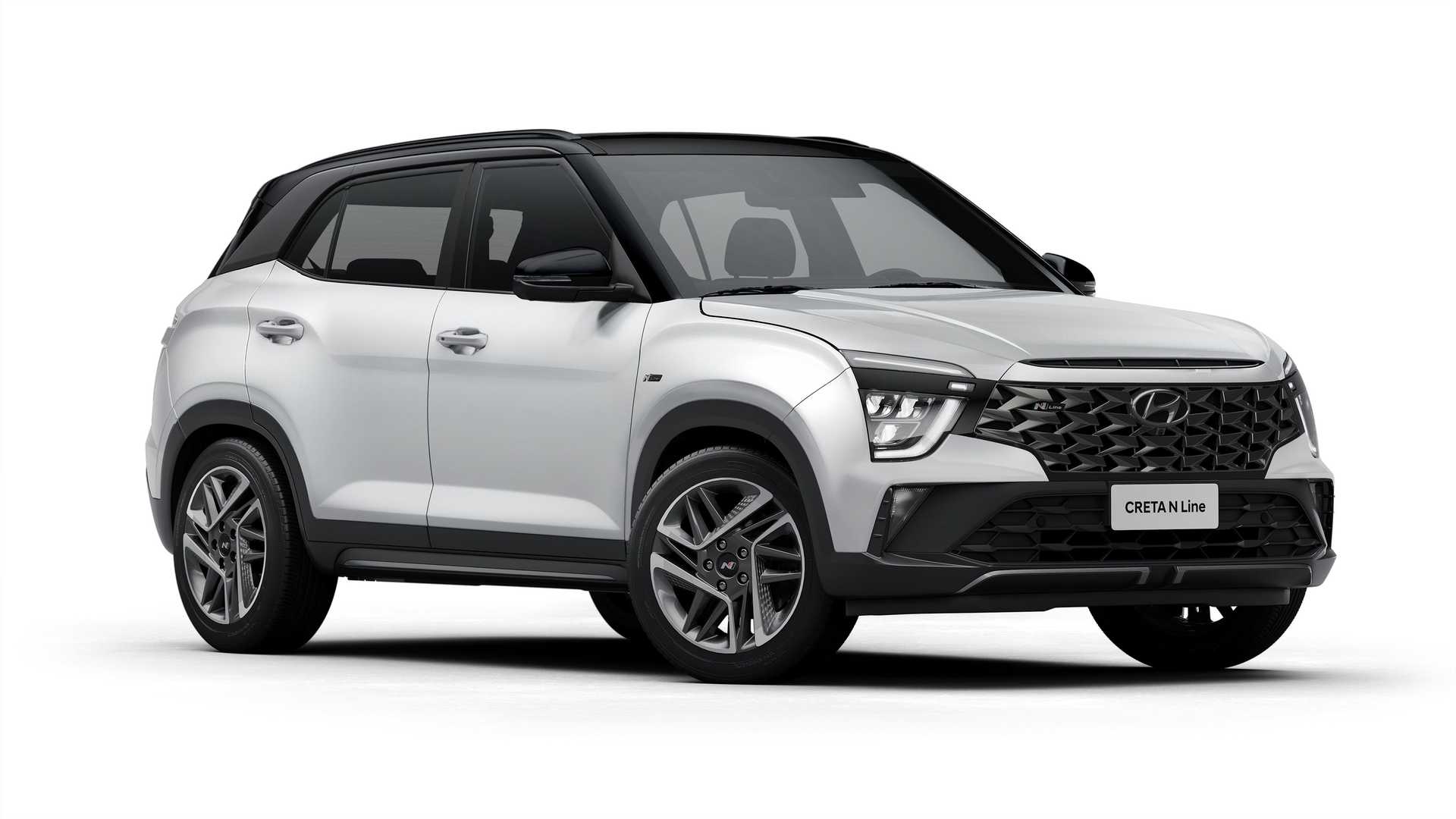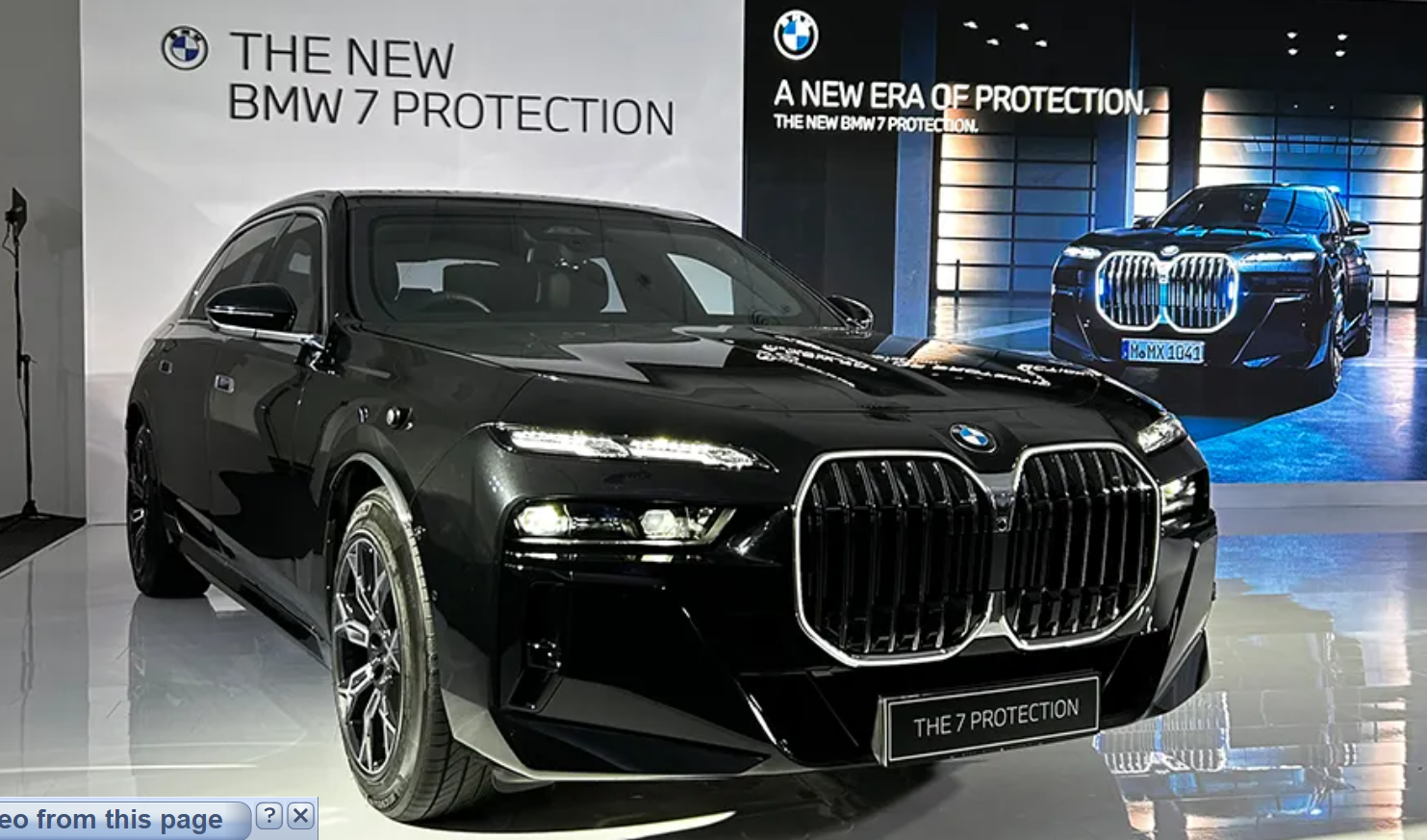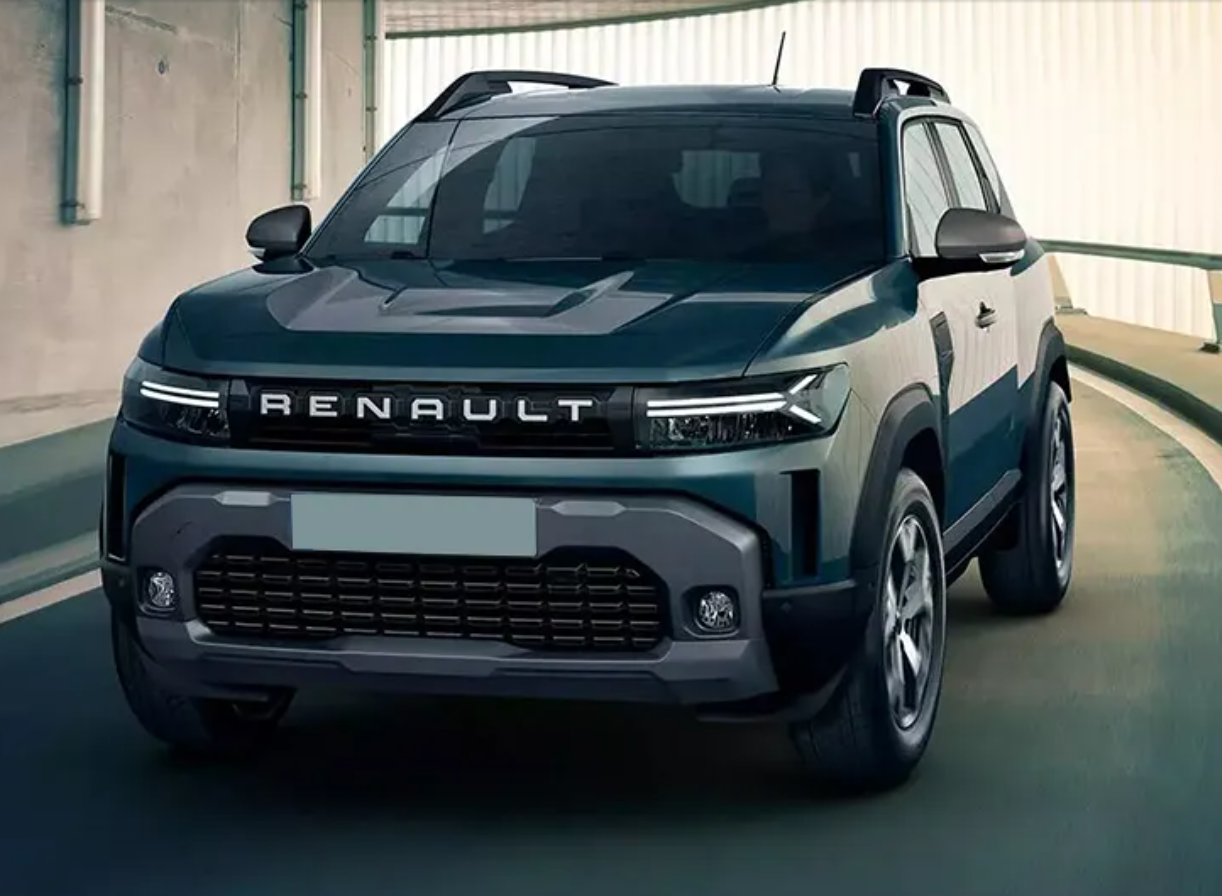Altri Florestal will soon have three new generation machines for integration into its forestry and land preparation activities. “These are excavators that use hybrid technology to reduce fuel consumption and, thus, the emissions of polluting gases into the atmosphere”, explains the entity.

This new equipment, Volvo’s EC250E Hybrid, features “hybrid hydraulic technology”, using the repetitive up and down movement of the excavator’s boom to “charge an energy accumulator which then uses it to power the engine”, can be read in a statement released by the Altri Group.
According to the forestry entity, this energy that is normally wasted is used to assist the hydraulic system to assist the machine’s engine, requiring less effort, and resulting in a reduction in the rotations required by the block.
With all this technology, these excavators, marketed in Portugal by Ascendum Máquinas, help Altri to accelerate its goal of reducing the carbon footprint, as assumed in the “2030 Commitment”, says the same statement.
There is lower fuel consumption as a result of the hybrid system, with the Swedish manufacturer pointing to savings of up to 17% compared to the conventional version of the same machine. This same reduction is verified in terms of CO2 emissions, proving this to be a more environmentally-friendly choice.
These machines, on display at Expoflorestal, in Albergaria-a-Velha, an event that takes place from the 27th to the 29th of May, will be joined by other equipment with similar characteristics throughout the year. The implementation of this project began in January of this year with the entry into service of Altri Florestal of the first hybrid machine, in this case, a new generation harvester.
Grupo Altri is committed to increasing the fleet of state-of-the-art, highly efficient, and environmentally responsible forestry and land preparation machines. This determination will be constant in the coming years, with the entry into service of new units with this type of technology, or others that will be made available by the manufacturers in the meantime (eg electric, hydrogen, or synthetic fuel).




